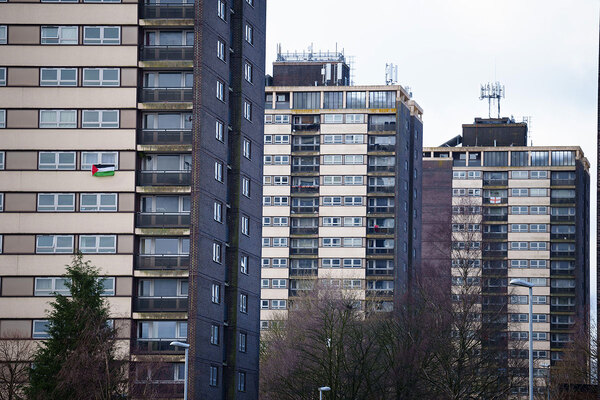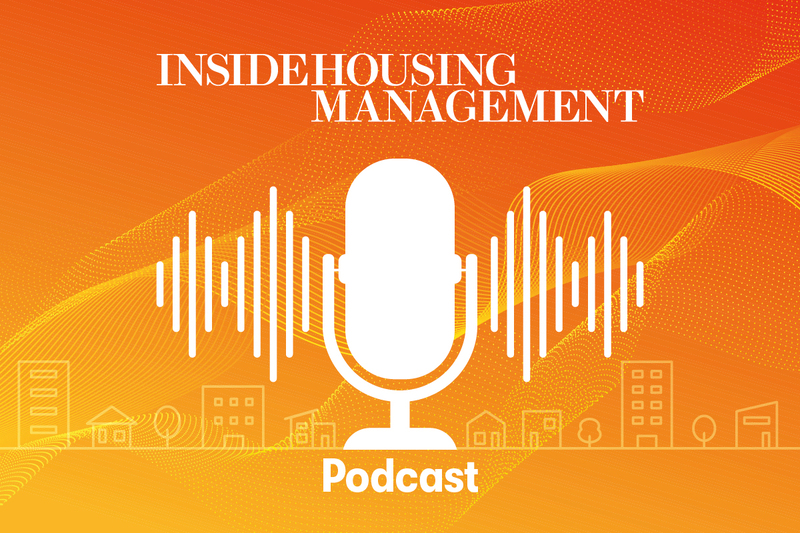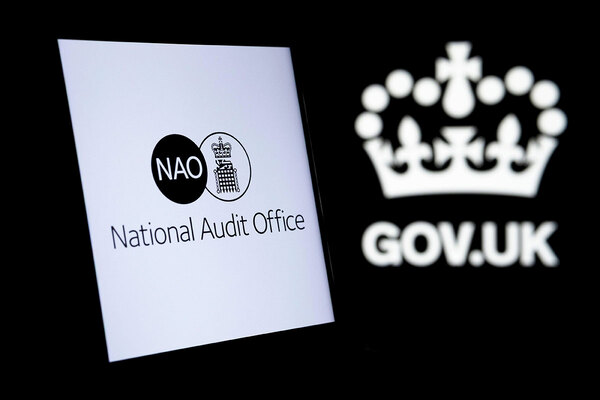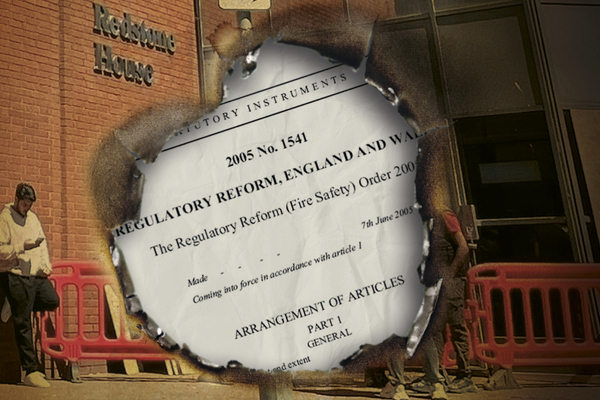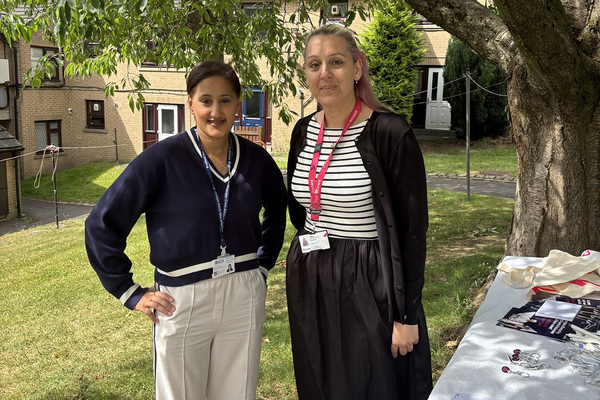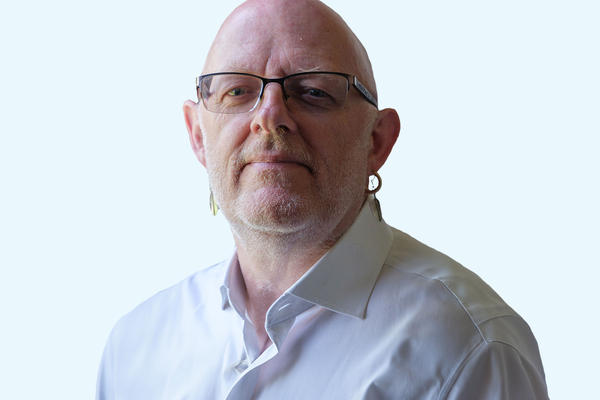Supporting residents with complex mental health needs
Frontline staff say that the rising mental health challenges of residents is the biggest issue they face in their work. Claire Read speaks to sector experts about how they approach this
Key learnings
- Tenancy sustainment cases often intersect with complex mental health needs, which can create challenges for the staff in supporting the resident
- Not all tenants experiencing complex mental health needs will have a formal diagnosis or be engaging with the NHS or social services, which affects the support available to them
- Difficult behaviours are often the result of unmet needs, and sharing any concerns as they emerge helps ensure such tenants are supported and safeguarded
Members of the customer contact team at Eastlight Community Homes have got used to the phone call. It comes every few weeks. Always the same tenant, always reporting exactly the same problem. Someone has tried to break in to their home, they say. Someone needs to come out to change the locks. Urgently. Please. The home isn’t secure.
The staff member who answers does indeed take urgent action, but not by contacting a locksmith. Instead, having looked up the tenant’s details and understood the situation, they instead ask for a different type of help.
“We pick up the phone or send an email to the resident’s mental health worker,” explains Mavis Adombire, the organisation’s tenancy sustainment co-ordinator and designated safeguarding lead. “That’s because we know that this person has a history of psychosis.”
The challenges of rising mental health issues among residents
Ms Adombire estimates that at least half of the cases which come to her and her tenancy sustainment colleagues now have some element of complex mental health needs. She reports that the pandemic and its associated lockdowns, along with the cost of living crisis, have in some cases provoked illness or worsened pre-existing problems.
It is a picture repeated across the sector. Inside Housing Management recently surveyed 600 frontline staff about their work and, specifically, about the challenges they face. More than half – 57% – named effectively supporting tenants with complex mental health needs as one of their biggest worries. So just how can frontline staff best help those who need support for mental health issues?
With the Eastlight tenant who regularly calls to report break-ins, everyone is clear on what is needed. There is awareness of the individual’s diagnosis, so how their illness manifests is carefully recorded on the system, and staff know and can liaise with the tenant’s NHS team.
However, for other residents experiencing mental health challenges, the situation is far less straightforward. They may have no formal diagnosis, perhaps because they are unable to engage with health services or do not meet increasingly strict NHS criteria for support. Housing officers and managers are therefore having to safeguard and support people for whom a key risk factor is not always immediately evident and who may not be receiving mental health support.
This is further challenging because mental illness can lead to behaviours that are difficult from the perspective of a social landlord. Perhaps a tenant refuses access to their home for a gas safety check. Maybe they consistently fail to pay rent on time, or are seen by neighbours as behaving anti-socially, or report break-ins they believe have occurred but which have not in reality.
On the face of it, strong action might feel like the best response in these situations – forcing access to a home for a gas safety check, for instance. But for someone who is refusing access due to complex mental health needs, that sort of action could make them less safe.
“Just about everyone we work with in housing support also needs some mental health support, and we train our staff to expect that”
For Rah Bray, head of mental health and housing support at Southdown, “professional curiosity” is the best way to support and safeguard those with known or unknown mental health needs. The organisation provides specialist care, support and housing in Sussex, with around 500 homes for those with additional needs.
“Professional curiosity is about looking at the presenting problem, the pattern of that problem, and then trying to think through what’s actually going on,” she says. “Rather than being punitive, it’s thinking that people who have presented in a challenging way might have unmet needs.”
“Lots of our teams do encounter really challenging and abusive responses,” adds Roland Williams, Southdown’s housing support services lead. “But somebody is behaving that way because it’s probably kept them safe at some point. We need to find a way of working with people who have learnt behaviour that’s really difficult, and which actually is really destructive for that person because what they find is everyone backs off. So for our staff, it’s how do we take a step back from that and try and approach things in a different way to try and get a slightly different response?”
An organisational approach to supporting tenants with mental health issues
“Clients or tenants aren’t problems,” stresses Jim Aspdin, Southdown’s director of housing and assets. “It will just be that we have not yet found the right solution to the presenting issue; we haven’t got to the bottom of it or understood it.”
That philosophy is embodied in Southdown Beacon, the organisation’s framework for recognising and responding to people’s psychological needs. Every member of staff, across every part of the organisation, is trained in the framework. It is a recognition that every single customer contact, by any professional, is a potential opportunity to identify safeguarding issues and mental health needs.
“Just about everyone we work with in housing support also needs some mental health support, and we train our staff to expect that,” says Mr Williams. “It doesn’t mean you have to be mental health experts. But having a basic understanding of mental health needs is key to successful housing support.”
Staff at Eastlight share this belief. “We have centralised safeguarding,” explains Ms Adombire. “Every single person is trained in safeguarding, so they can identify the signs that someone needs support. Then if they do identify those signs, they send a safeguarding report to a central email inbox.”
Members of the tenancy support team pick up those emails and then triage cases, identifying unmet needs through either a phone call or a visit to the resident. Ms Adombire says she always goes into such conversations with the same attitude – one she believes is helpful for any staff member who recognises a tenant may need support. “I let the resident know I’m not there to judge, I’m just there to help them. I say all I need is for them to work with me so that I can help them. I also ask them what they want out of this, because that way they have got an input and I’m not just pushing stuff at them which they may not want.”
Southdown’s Mr Aspdin speaks of needing to “balance management of the tenancy with supportive interventions that add value”. “It’s trying to add value to our residents as well as to us, so how our engagement in their lives can make their lives better rather than us just being in a policeman role.”
Often support needs to be multi-faceted. Eastlight, which provides 14,600 homes in the East of England, recently became the landlord to someone experiencing trauma after coming to this country as a refugee. Ms Adombire supported him to register with a GP, who in turn arranged therapy. But she also liaised with colleagues at local charity RAMA (Refugee, Asylum Seeker and Migrant Action), and between them they helped the tenant claim the benefits to which he was entitled and arranged some furniture for his home.
“When we get new cases, my team and I are immediately thinking: ‘OK, I could contact this person or this organisation to help,’” she says. “It comes naturally to us because we’ve done this so many times.”
Partnership is a watchword of the safeguarding and care approach at Southdown, too. Ms Bray says there are strong relationships with NHS colleagues and other housing organisations, as well as with local voluntary and community sector partners.
“It’s working together and saying: ‘Who’s the best fit here? What can we each do?’ It’s about everybody playing their part and co-ordinating different elements of intervention, particularly for people with very complex presentations. We’ve got to work together.”
This is not just true of external relationships, it equally applies within a social landlord. “At Eastlight, if the rent team cannot get hold of a person and there is a high level of rent arrears, they will come to us in tenancy sustainment,” says Ms Adombire. “If tenancy management can’t get access for gas or electric checks, they come to us. We will then get in touch with the resident and do our best to offer support.”
In short, everyone in the organisation is encouraged to speak up if something seems wrong – even if it is not possible to be certain that it’s a mental health issue. “If you ever feel that something is not right, go with your gut feeling,” recommends Ms Adombire. “You can always go to your manager or your safeguarding lead; talk through your concerns with a second person.”
Often it is simply listening, non-judgementally, that makes the biggest difference for tenants – asking what has happened and if they need any support.
“We get a lot of feedback, much of it very good, and people rarely say: ‘Thank you for helping me get registered with a GP, or helping me sort out that debt, or report that repair,’” says Mr Williams. "What they almost always say is, ‘Thank you for the great relationship I had with my support worker – they turned up on time, they were reliable, they listened to me and I felt valued.’ That’s the feedback on what matters.”
Subscribe to Inside Housing Management and sign up to the newsletter

Inside Housing Management is the go-to source for learning, information and ideas for housing managers.
Subscribe here to read the articles.
Already have an account? Click here to manage your newsletters.
Latest stories


